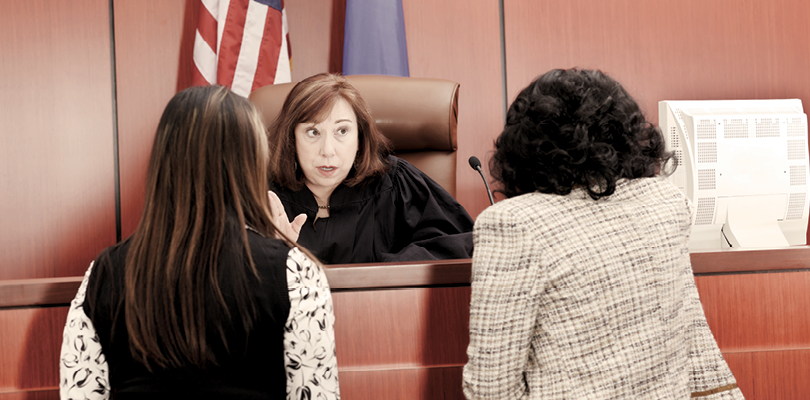Perils of the Postjudgment Motion

Consider the following sequence of events: The trial court enters summary judgment in favor of the defendant and strikes the affidavit of plaintiff’s expert witness. Within 30 days, the plaintiff files a motion for reconsideration of the foregoing order. The motion is stricken because the plaintiff failed to provide the judge with a courtesy copy of the motion. The plaintiff then renotices the motion (and, presumably, provides a courtesy copy this time). The motion is heard and denied on the merits six weeks later. Within 30 days of the denial, the plaintiff files notice of appeal. If, based on the foregoing, you thought the plaintiff perfected a timely appeal, think again, writes Reuben A. Bernick in his April Illinois Bar Journal article, “Perils of the Postjudgment Motion,” which offers a practical examination of postjudgment motion practice.
Read more in the April Illinois Bar Journal.

